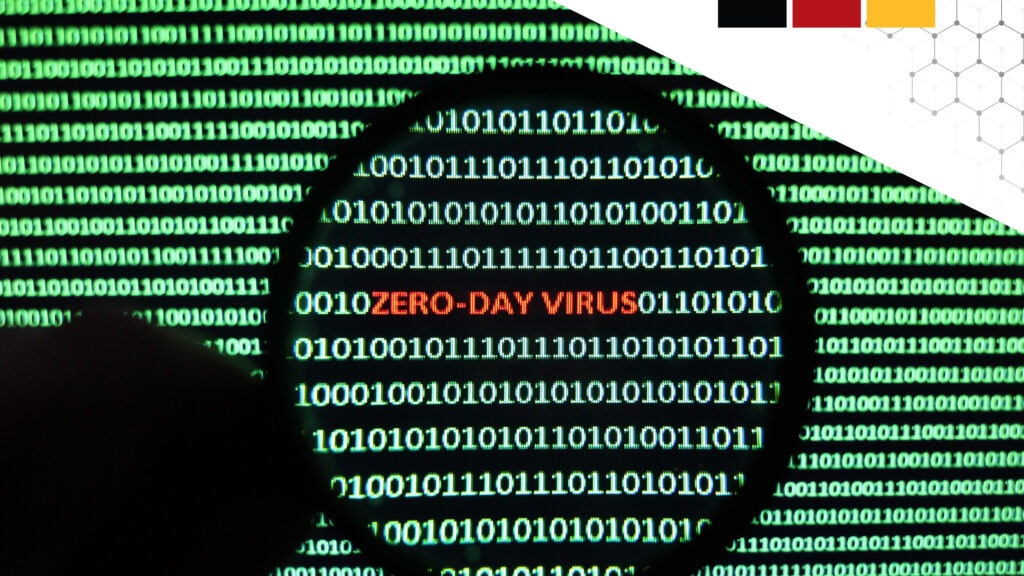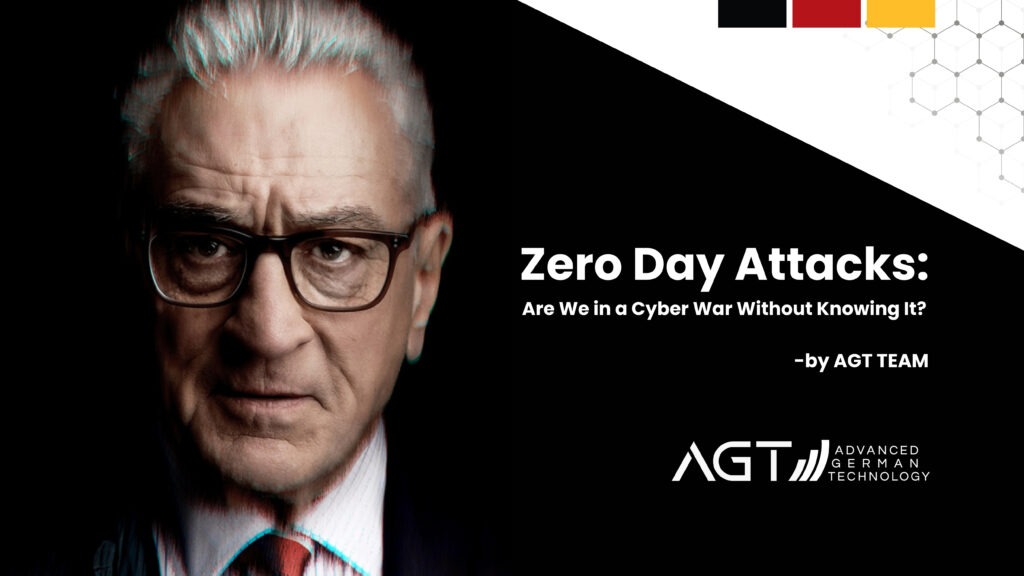Zero Day Attacks: Are We in a Cyber War Without Knowing It?
Wars are no longer just about tanks and missiles. In today’s digital world, battles are also fought in cyberspace, where skilled hackers can cripple a country’s economy or shut down critical infrastructure without a single shot being fired.
Cyberattacks have become a powerful tool for nations and criminal groups, but what makes them even more alarming is how they can unfold unnoticed. So, are we already in the middle of a cyber war without realizing it?
The movie Zero Day brings cyberattacks into the spotlight with a gripping cinematic story, but the reality is just as unsettling. Many of these fictional scenarios are not just creative storytelling they reflect real threats happening every day in the digital world.
How Cyberattacks Became a New Kind of Warfare
Over the past two decades, cyberattacks have evolved into one of the most effective weapons of modern conflict. Governments use them to disrupt infrastructure, target financial institutions, and even spy on rival nations and major corporations.
Among the most dangerous types of cyber threats are Zero Day attacks. These exploit unknown software vulnerabilities, making them impossible to detect or stop until it’s too late. They are no longer just tools for hackers; they’ve become part of military strategies, capable of delivering devastating digital strikes.
One well known example is the Stuxnet virus, which was reportedly used to sabotage Iran’s nuclear program an operation believed to be the work of major world powers.
In Zero Day, we see how a small group of highly skilled hackers can exploit undiscovered weaknesses to launch a large-scale attack. This isn’t far from reality. Governments and organizations are using advanced tools to carry out silent cyber operations that can threaten national security and disrupt economies.
Cyberattacks in Film vs. Reality: Fiction or a Glimpse into the Future?
Movies about cyber warfare, like Zero Day, may seem exaggerated, but many of their events are based on real incidents.
- In the movie: Hackers infiltrate critical systems through undiscovered vulnerabilities, causing total digital chaos.
- In real life: This has already happened. Take the SolarWinds attack, where hackers compromised U.S. government agencies by slipping malicious code into a routine software update. Sensitive data was exposed, and the breach went unnoticed for months.
- In the movie: Cyberattacks are swift and precise, making it impossible for authorities to trace them.
- In real life: Many attacks follow this exact strategy. Zero Day exploits are designed to be stealthy, allowing hackers to remain undetected until their mission is complete.

Cyberattacks That Shook the World and Their Consequences:
Stuxnet (2010)
A sophisticated cyber weapon was used to damage Iran’s nuclear centrifuges, delaying their program by years.
Sony Pictures Hack (2014)
Confidential emails, financial records, and unreleased films were leaked. The attack was allegedly linked to North Korea in response to The Interview, a movie that mocked its leader.
WannaCry Ransomware (2017)
A fast spreading ransomware attack exploited a hidden Windows vulnerability, locking down hospitals, government agencies, and businesses worldwide.
Solar Winds Hack (2020)
A software update was hijacked to infiltrate U.S. government agencies, leading to months of undetected data leaks.
Colonial Pipeline Attack (2021)
A ransomware attack disrupted fuel supplies across the U.S., causing shortages and price spikes.
How Can We Defend Against Zero Day Attacks?
- Keep systems updated: Most Zero Day attacks target unknown weaknesses, but once they’re discovered, security updates are released to fix them. Staying up to date is key.
- Use advanced threat detection: AI powered security tools can analyze behavior patterns in real time and spot unusual activity.
- Train employees in cybersecurity: Many attacks start with phishing emails or social engineering tricks. Awareness training helps prevent costly mistakes.
- Layer your security defenses: Firewalls, AI-driven antivirus software, and strong encryption add extra protection.
- Have a response plan: Every company should have a cyberattack response strategy to minimize damage if a breach occurs.
Are We Already in a Cyber War?
Watching Zero Day, you realize it’s more than just a thriller it’s a wakeup call. Cyber threats aren’t just theoretical. They’re being used today to weaken governments, disrupt economies, and even influence global politics.
If organizations and nations don’t take strong precautions, the question isn’t if another Zero Day attack will happen it’s when. Do you think governments and businesses are prepared for these threats? Let’s discuss in the comments.
Contact AGT – Advanced German Technology Team for more details at: https://agt-technology.com/
References:
- https://www.kaspersky.com/resource-center/definitions/zero-day-exploit
- https://en.wikipedia.org/wiki/Zero-day_vulnerability
- https://www.ibm.com/think/topics/zero-day
- https://riversecurity.eu/cyber-warfare-the-threat-of-the-0-day-is-there-nothing-we-can-do/
- https://cymulate.com/cybersecurity-glossary/zero-day/
- https://cybriant.com/2022/02/11/recent-examples-of-zero-day-attacks-how-to-avoid-them/
- https://www.compuquip.com/blog/what-you-need-to-know-about-zero-day-attack-protection
- https://www.balbix.com/insights/attack-vectors-and-breach-methods/
- https://www.upwind.io/glossary/what-are-zero-day-vulnerabilities
- https://www.quora.com/To-what-extent-is-cyberpunk-fiction-accurate-in-predicting-the-future-of-technology-and-society/
- https://venturebeat.com/games/cyberpunk-2077-review-a-look-at-the-present-not-the-future/
- https://www.nytimes.com/2021/11/11/opinion/sway-kara-swisher-jaron-lanier.html
- https://clearinsurance.com.au/10-biggest-cyber-attacks-in-history/
- https://blog.netwrix.com/biggest-cyber-attacks-in-history


